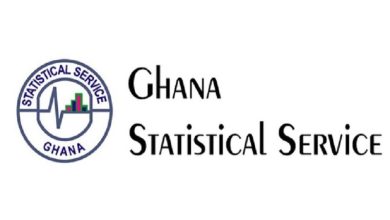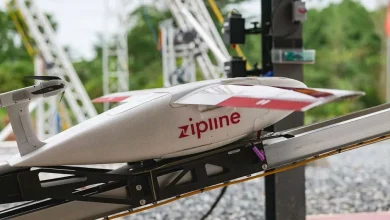Ghana Secures $2 Billion Deal to Extend Oil Production Licenses Until 2040

The government and key oil and gas partners have signed a landmark Memorandum of Understanding (MoU) to extend production licences for the Jubilee and TEN oil fields until 2040.
The agreement marks a significant milestone in Ghana’s energy sector, paving the way for continued investment and long-term development of the country’s petroleum resources.
The MoU was signed between the Government of Ghana, Tullow Oil plc, Kosmos Energy, PetroSA, the Ghana National Petroleum Company (GNPC), and its subsidiary Explorco.
It covers the West Cape Three Points (WCTP) and Deep Water Tano (DWT) blocks, which include the flagship Jubilee and TEN oil fields.
As part of the agreement, the partners have received approval to drill up to 20 additional wells in the Jubilee field, representing a potential $2 billion investment over the life of the extended licences. This is expected to result in a material increase in gross 2P reserves, enhancing Ghana’s long-term energy security and economic prospects.
The MoU also outlines several key commitments:
An increase in gas supply from the Jubilee and TEN fields to approximately 130 million standard cubic feet per day (mmscf/d)
A reduced gas price for Jubilee-associated gas
A guaranteed reimbursement mechanism for gas sales
Strategic investment in the capacity of GNPC and the Petroleum Commission, with a focus on adopting advanced technologies
All existing terms of the WCTP and DWT Petroleum Agreements remain unchanged.
The next steps will include the submission of a Jubilee Plan of Development (PoD) Addendum, finalisation of new gas sales agreements, and parliamentary approval of the proposed payment security mechanism and licence extensions by the end of Q3 2025.
Minister for Energy and Green Transition, John Abdulai Jinapor, hailed the agreement as a major boost for Ghana’s energy future.
“This Memorandum of Understanding between the Republic of Ghana and the DWT and WCTP partners marks a significant step forward in our nation’s energy sector. Extending the licenses to 2040 demonstrates our commitment to fostering a stable and attractive investment climate.
“This MOU will not only ensure the continued production of oil, supporting our economic growth, but also allow us to further develop our infrastructure and create more job opportunities for our citizens. We are dedicated to responsible resource management and look forward to a prosperous future fuelled by sustainable energy practices.”
Richard Miller, Interim CEO and CFO of Tullow, praised the deal as a sign of strong collaboration between the government and industry players, noting it will unlock additional value for both Ghana and investors.
“This is a valuable step forward for the Government of Ghana, Tullow, and our JV partners, highlighting the collaborative and constructive relationship we all have in reaching our shared goal of building a better future for the people of Ghana, through responsible oil and gas development.
“This extension and the fiscal stability of our contracts emphasises the opportunity Ghana represents to deliver additional value through production and reserves additions, providing greater long-term optionality and materiality to these core assets.”
Kosmos Energy’s Chairman and CEO, Andy Inglis, emphasized the MoU’s role in enhancing investor confidence and maximising the long-term value of Ghana’s energy resources.
“This memorandum of understanding recognises the importance of oil and gas in Ghana and the desire of the new administration to create an attractive environment for new investment in the sector. Extending the Ghana production licenses is highly accretive, adding material reserves and enabling the partnership to continue investing in the country for the long-term.
“This investment is expected to maximise the value of the fields for the benefit of the country’s economic development and Kosmos’ shareholders. We look forward to working with President Mahama and his government to invest in and advance Ghana’s energy sector.”










